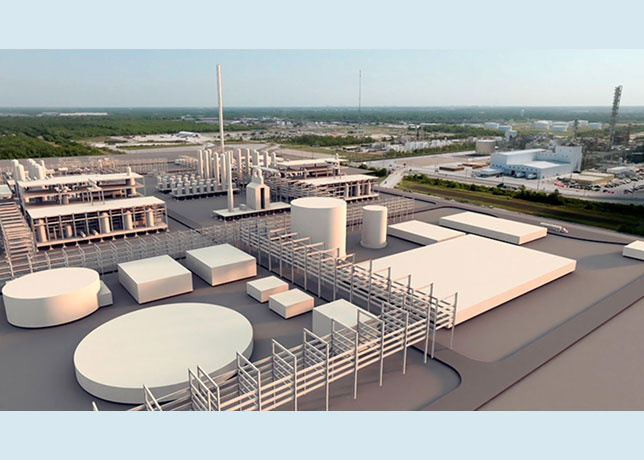
 Cleantech could boost the EU economy by 2% by 2040
Cleantech could boost the EU economy by 2% by 2040
Agora Energiewende's study suggests that investing in cleantech, net-zero infrastructure, and building renovations could boost the EU economy by around 2 per cent by 2040.
The research, titled "EU climate policy between economic opportunities and fiscal risks," analyzed the macroeconomic impacts of the transition to climate neutrality for the EU as a whole and five of its largest member states, France, Germany, Italy, Poland, and Spain.
Germany, France, Italy, and Spain are expected to see moderate economic growth, while Poland's GDP is projected to increase by around 5 per cent through 2040 compared to baseline levels.
The positive macroeconomic projections assume that governments promptly address existing financial constraints for households and firms through regulatory and fiscal frameworks.
The EU's economic growth is expected to reduce public debt ratios, but Italy and Spain will need significant fiscal consolidation to comply with declining debt rules.
Agora Energiewende recommends more flexibility in EU and national fiscal rules to support climate-related investments.
The European Green Deal, a key task for the 2024-2029 EU policy cycle, requires significant investments, primarily from private sources.
Public funding is crucial for unlocking these investments, with a study estimating that at least 462 billion euros will be needed annually, equivalent to 2.7 per cent of the EU-27 GDP.
To stabilise available funding, Agora proposes an off-budget funding mechanism to frontload national revenues from the future carbon market for buildings and transport (ETS2). This could unlock 36 billion euros of investments in transport and buildings sectors before 2028.




















































































